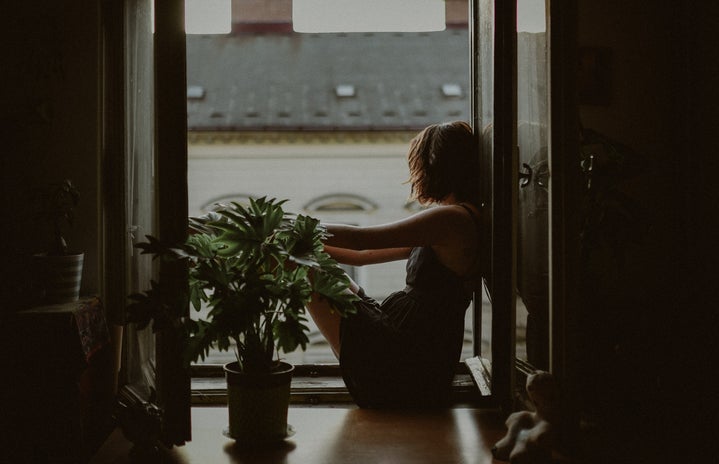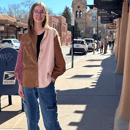Before attending university, every conversation I had with relatives or older friends seemed to revolve around the vitality of making friends, being social, and “putting yourself out there” in order to be, in some ways, successful. Beneath these guises of advice and otherwise sincere worry, there was a heavier conversation at hand– one that warned of the extreme loneliness that one can easily slide into after going to college. As a natural introvert and lover of solitude, I was alarmed at these warnings, and felt as if what I inherently took comfort in would somehow be inverted. Thus, I internalized others’ words of caution and adopted an energetic determination to be overly social.
Until recently, I had never felt a need to differentiate between solitude and loneliness, as in spending time alone (even at great lengths) I never developed the associated feelings of alienation and disconnection. What led to my reflection on the idea of being alone arose from situations regarding the exact opposite: over-exerting myself in social situations with friends. I had taken the advice from others and fit into the stereotypical lifestyle of a college student, so why didn’t I feel happy as everyone else looked? I was accustomed throughout middle and high school to look down on those who weren’t surrounded by others, always bombarded by phone notifications or constantly having plans to get to. However, continual social interaction was exactly what was depleting me, and I was faced with the conflict between what I thought others considered acceptable and normal and the solitude I coveted more.
The combination of the judgment of the digital world and, at times, the toxic college environment trumped my efforts to outwardly express my satisfaction in being alone. As I put forth these wishes, it was easy to pick up on changes in tone or glances that sent me spiraling into doubting if what I wanted was genuine or not. It was a matter of releasing myself from the things others placed value on in order to truly be at peace in spending my time how I wanted. In doing so, I shifted my view on what being alone meant, and I have come to appreciate it as an art and aid to coming into my individuality.
So– what is the art of being alone exactly? I view it as an appreciation of what we often let go unnoticed about ourselves and the world around us while we are so focused on doing and seeing– when we can undergo just as gratifying an experience by stepping back and letting things move by us for a while. It’s incredible what we can experience and learn from others, but I think it’s just as vital to explore what it’s like to be alone and revel in solitude, not loneliness. By viewing this time as an opportunity and not punishment or alienation, it can be used with a purpose– trying new hobbies, watching a good movie, reading a book or making art. The options are endless and exciting.
For me, this appreciation is quite simple and comes in moments when I am sitting by myself at a new cafe or browsing one of my favorite bookstores, slowly becoming more intimate with the small details of life around me. I’m often moved to write about what I observe– the smiles of the couple next to me, the muffled sounds of background chatter with the occasional loud laugh, the smell of espresso and pastries, and I’m comforted by the quiet features of life that only seem to whisper to me when I’m alone.



